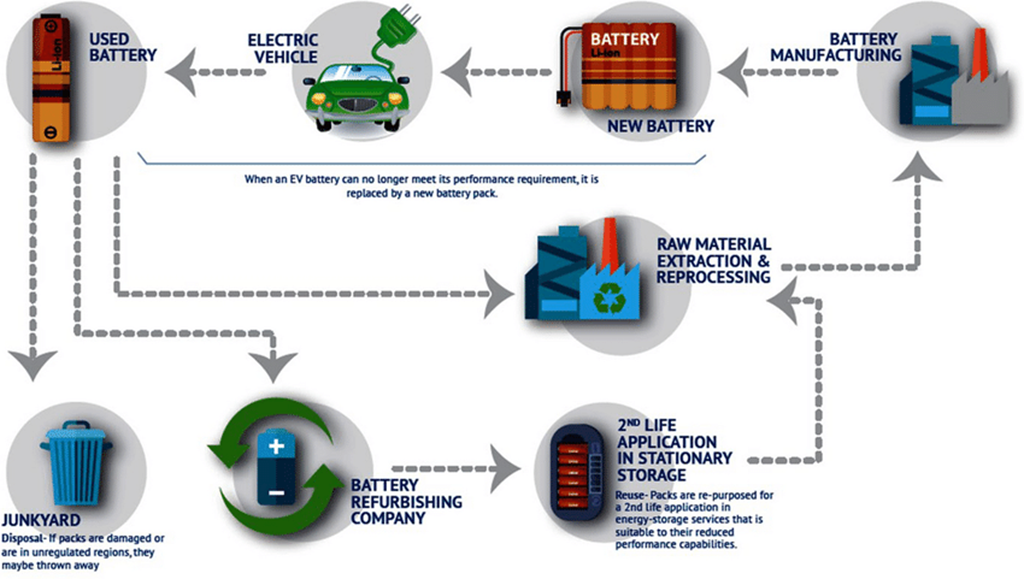Hey everyone! So, you’re thinking about getting an electric car, huh? That’s awesome! It’s a big step towards a greener future. But you might be wondering, “What about the battery? Aren’t those things bad for the environment?”
That’s a totally valid question, and I’m here to break it down for you. It’s not a simple yes or no answer, unfortunately. Like most things in life, it’s a bit complicated.
The Good, the Bad, and the Lithium
First off, let’s acknowledge the obvious: electric cars themselves are way better for the planet than gas guzzlers. Think about it – no more smelly exhaust fumes polluting our air! According to the U.S. Department of Energy, electric vehicles produce significantly fewer greenhouse gas emissions than gasoline cars, even when accounting for electricity generation. That’s a huge win for our planet.
But, and this is a big but, those batteries don’t just magically appear. They require a whole bunch of resources and energy to produce. We’re talking about mining for materials like lithium, cobalt, and nickel, which can have some serious environmental impacts.
Imagine digging a giant hole in the ground. That disrupts ecosystems, can pollute water sources, and even releases harmful greenhouse gases. Not ideal, right?
It’s All About the Supply Chain
Now, before you get totally bummed out, let me tell you that things are getting better. Companies are working hard to make the battery supply chain more sustainable. They’re exploring new mining techniques, using recycled materials, and even developing batteries that don’t rely on those tricky-to-get materials.
Think of it like baking a cake. You can use all organic ingredients from local farms, or you can grab a box of pre-made mix from the supermarket. One is clearly better for the environment and your health, even if it takes a bit more effort.
The Lifecycle of an EV Battery
Here’s another thing to consider: the lifespan of an electric car battery. These things are built to last! Most EV batteries have a warranty of around 8 years or 100,000 miles, but they can often last much longer. And when they do finally reach the end of their road, they don’t just get tossed in the trash.
Instead, they get a second life! Used EV batteries can be repurposed for things like storing energy from solar panels or providing backup power to homes and businesses. Pretty cool, right? It’s like giving that old t-shirt you love a new life as a cleaning rag. Reduce, reuse, recycle!
Related: What is the Future of the EV Market? Buckle Up for an Electric Ride
Charging Up Responsibly
Okay, so we’ve talked about the battery itself, but what about charging it? Well, that depends on where you live and where your electricity comes from.
If your power grid is mostly powered by coal, then charging your EV won’t be as clean as it could be. But if you live in an area with lots of renewable energy sources like solar or wind power, then you’re golden!
It’s like choosing between a plastic water bottle and a reusable one. Both hold water, but one is a much more sustainable choice in the long run.
The Future is Electric (and Getting Greener!)
So, back to your original question: are electric car batteries eco-friendly? The answer is: that it’s complicated, but they’re getting there!
While there are still some environmental challenges associated with battery production, the industry is making strides towards a more sustainable future. And remember, even with those challenges, electric cars are still a much cleaner option than traditional gasoline cars.
Think of it like this: we’re on a journey towards a greener planet. Electric cars and their batteries are a big part of that journey, and we’re constantly learning and improving along the way.
So, if you’re considering making the switch to an electric car, go for it! You’ll be doing your part to reduce pollution and create a healthier planet for all of us.






